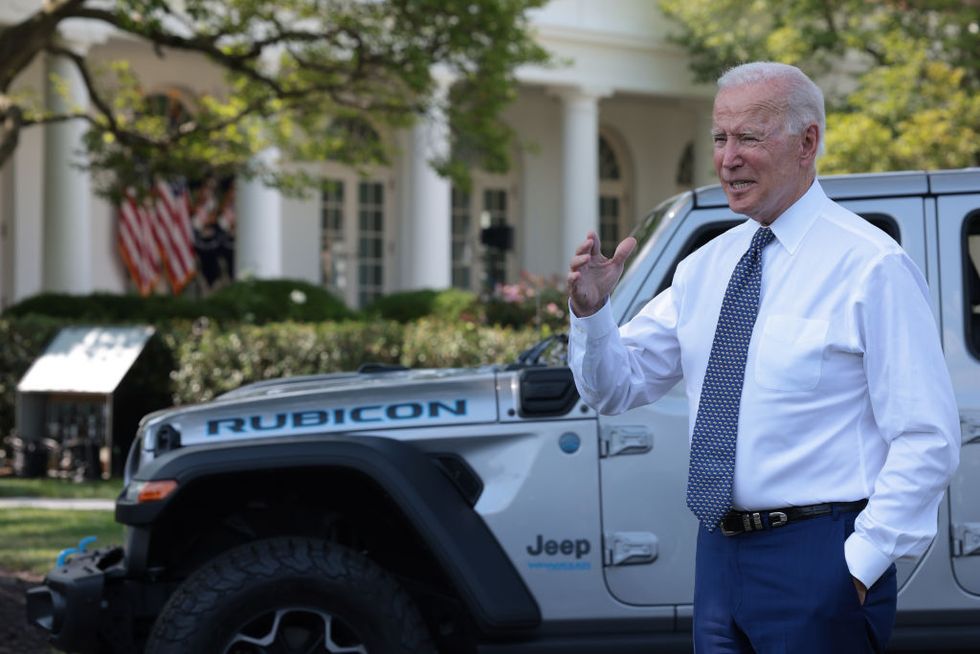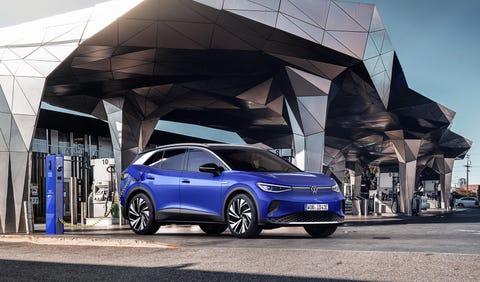| If you have trouble reading this message, view it in a browser. This week Tesla raised the price of the Model S, Stellantis brands revealed more EV plans and Nissan slashed the price of the Leaf. But first: This week the White House announced a new initiative for zero-emissions vehicles, aiming to greatly increase adoption of electric, plug-in hybrid, and hydrogen fuel cell vehicles. President Joe Biden signed an executive order setting voluntary targets for automakers to increase their production of such vehicles to eventually account for half of all new vehicles sales in the US by 2030. VW is one of the automakers that have committed to increase EV sales in the coming years. "Today, Ford, GM and Stellantis announce their shared aspiration to achieve sales of 40-50% of annual US volumes of electric vehicles (battery electric, fuel cell, and plug-in hybrid vehicles) by 2030 in order to move the nation closer to a zero-emissions future consistent with Paris climate goals," the three automakers said in a statement. "Our recent product, technology, and investment announcements highlight our collective commitment to be leaders in the U.S. transition to electric vehicles. This represents a dramatic shift from the U.S. market today that can be achieved only with the timely deployment of the full suite of electrification policies committed to by the Administration in the Build Back Better Plan, including purchase incentives, a comprehensive charging network of sufficient density to support the millions of vehicles these targets represent, investments in R&D, and incentives to expand the electric vehicle manufacturing and supply chains in the United States." One other nuance of the proposed executive action seemed to be the lack of a specific market share target for battery-electric cars, plug-in hybrids, and hydrogen fuel cell vehicles, so there looks to be nothing preventing PHEVs from making up the lion's share of that 50% portion, aside from individual automaker plans, as well as fuel economy and greenhouse gas emissions standards directed to be adopted through agency rulemaking starting in 2027.  Electric cars are the future, and each year we've seen automakers add more EVs to their lineup. Everyone is working on electric vehicles, from well-established existing manufacturers to new names such as Byton, Lordstown, and Rivian. We've compiled a list of every electric vehicle, from concept to production, that isn't available yet but will be soon.
|
Friday, August 6, 2021
White House announces ambitious EV goals
Subscribe to:
Post Comments (Atom)














No comments:
Post a Comment